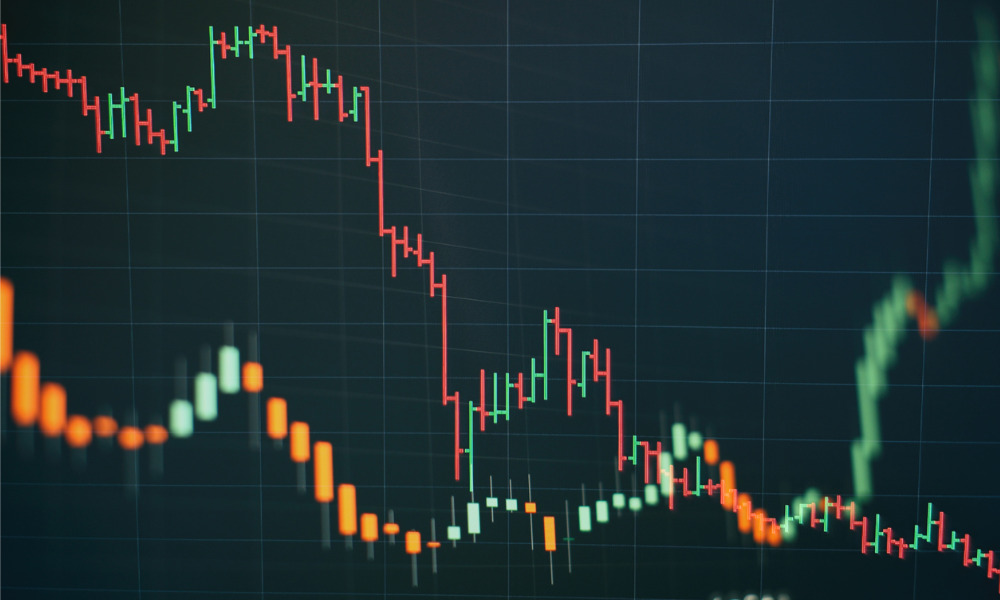Study says corporations are set to take greater share of global economic infrastructure


Concerns among regulators and lawmakers following the announcement that Facebook is entering the global cryptocurrency space reflects an incoming shift in economic power.
Experts in the blockchain technology on which cryptocurrencies are typically based says that Facebook won’t be the only corporate-led economic infrastructure – in fact the planned launch in 2020 will be just the start of a new era in finance.
RMIT’s Blockchain Innovation Hub and Professor Dr Philipp Sandner from the Frankfurt School of Finance and Management recently held a roundtable in Germany to discuss the rise of blockchain.
The expert panel concluded that banks and asset managers have a lot of work to do to understand and develop a robust strategy for the implications of corporate competition.
“If you look at the figures, you have 35 million cryptocurrency users worldwide – Libra could easily get 200, 300 or even 400 million users overnight once it's embedded into the Facebook, Instagram or Whatsapp apps,” Sandner said. “If we see each user with between U$500 or $1,000 in their cryptowallet, Facebook has easily created assets under management in the area of around $100 to $300 billion.”
With the blockchain revolution cutting across multiple sectors including Fintech, Lawtech, Regtech, Tradetech, Agtech, and more, RMIT’s Professor Jason Potts says stakeholders must come together to address regulation.
“We're more or less through the proof of concept phase, where individual companies were trying to figure out what this means to them,” he said. “The next phase we’re seeing is significant consortia starting to form and address issues such as regulatory harmonisation.”

Professor Jason Potts and Professor Dr Philipp Sandner at Austrade in Frankfurt with Austrade's Steve Rank, RMIT Europe's Boaz Kogon along with blockchain experts including Alexandra Rimpu from Commerzbank AG, Dieter Sellner from DB Schenker and Manuel Machado from Worldline Global and the EU Blockchain Observatory & Forum
IMAGE CREDIT: RMIT



